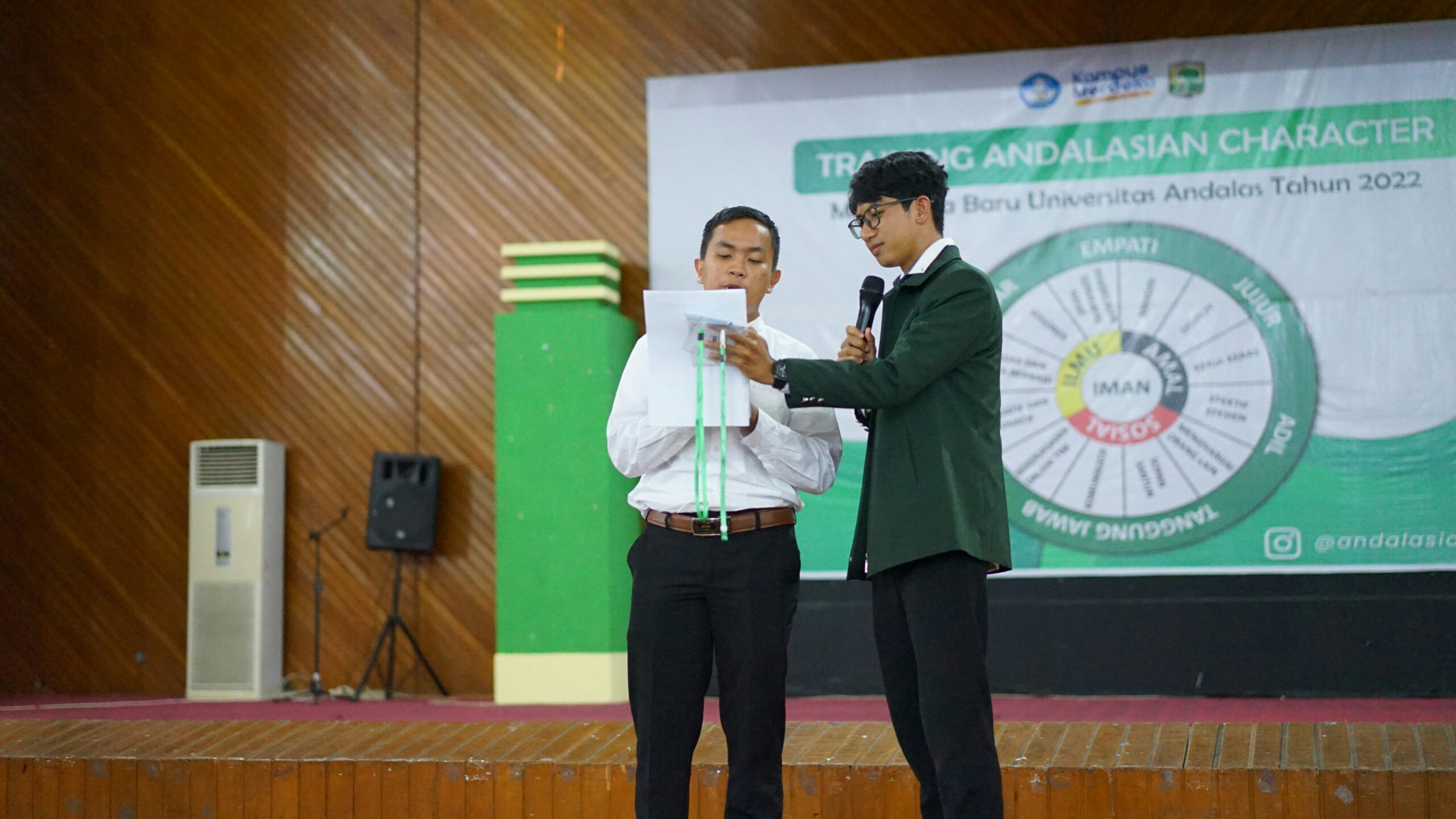
Human Resources (HR) is a vital part of any organization. It drives organizational success through effective management of talent, employee development, and optimizing workforce performance. One crucial factor that contributes significantly to HR excellence is discipline. Discipline helps streamline HR processes, promotes consistency, and encourages the alignment of employees with organizational goals. In this article, we explore the role of discipline in achieving HR excellence and how it can lead to greater efficiency and success.
Discipline Sets Clear Expectations for Employees
When employees understand what is expected of them, it becomes easier to achieve success. Discipline ensures that clear expectations are set and consistently enforced. Without it, the workforce may lack direction, leading to confusion and inefficiency. HR professionals must create structured policies that reflect the organization’s objectives while maintaining fairness and transparency. This encourages employees to align their actions with the organization’s goals, fostering a positive and productive work environment.
For instance, having a well-defined attendance policy encourages employees to maintain punctuality. When discipline is enforced consistently, it becomes a standard practice within the organization, making it easier to monitor performance and address issues promptly.
Consistency in HR Practices Enhances Employee Trust
Consistency is a key element in achieving HR excellence. When discipline is applied fairly and consistently across all levels, employees begin to trust the system. Trust in the HR process is essential for organizational stability, employee satisfaction, and retention. By ensuring uniformity in policies and their enforcement, HR departments foster an atmosphere of fairness, where employees feel valued and respected.
HR professionals must strive to maintain consistency when dealing with issues such as performance management, promotions, or disciplinary actions. If employees perceive favoritism or inconsistency, it can lead to frustration and disengagement, ultimately affecting organizational culture and performance.
Discipline Drives Performance and Productivity
In the fast-paced world of modern business, staying productive is crucial. Discipline plays a pivotal role in driving performance by setting a framework within which employees can thrive. This can range from encouraging punctuality, maintaining a focus on work, and developing strong time management skills. Discipline also includes promoting adherence to organizational policies and objectives.
An HR department that enforces discipline ensures that employees stay on track with their goals. For instance, regular performance reviews can help identify areas of improvement and reinforce positive behaviors. By maintaining a disciplined approach to performance management, HR professionals can boost both individual and organizational productivity.
HR Discipline Fosters Accountability and Ownership
One of the main benefits of discipline within HR practices is that it fosters a sense of accountability among employees. When individuals understand that they are responsible for their actions, it creates a culture of ownership. Discipline ensures that employees take responsibility for their work, maintain high standards, and contribute meaningfully to the organization’s success.
Through disciplined performance management systems, HR can hold employees accountable for their actions, ensuring that expectations are met. Regular check-ins, feedback loops, and clear goals contribute to creating a responsible workforce that consistently performs at a high level.
Discipline Encourages Professional Development
HR excellence is not just about managing day-to-day operations effectively; it also involves nurturing the growth of employees. Discipline plays a significant role in encouraging professional development. By adhering to structured training programs, performance feedback systems, and development opportunities, HR professionals can guide employees toward achieving their career goals.
A disciplined approach to career development helps employees track their progress and stay on the path toward success. HR professionals must foster an environment where employees are encouraged to pursue personal and professional growth through continued education, skills training, and leadership development.
The Link Between Discipline and Employee Engagement
Employee engagement is a critical factor in organizational success. Engaged employees are motivated, productive, and committed to the company. Discipline plays a role in fostering engagement by creating a structured environment that encourages accountability, performance, and growth.
By ensuring that discipline is applied to align employee actions with the organization’s core values, HR can enhance engagement. Employees who understand their role and how their performance contributes to the organization’s goals are more likely to feel motivated to do their best work. HR professionals who prioritize discipline within their departments create a culture of engagement that benefits everyone in the organization.
Discipline in Conflict Resolution
HR professionals often face conflict situations, from disputes between employees to disagreements between management and staff. Discipline provides a framework for resolving these conflicts fairly and effectively. By following established procedures and consistently applying disciplinary actions, HR can address conflicts in a way that upholds fairness and maintains the integrity of the organization.
A disciplined approach to conflict resolution helps prevent escalation and ensures that issues are addressed before they become bigger problems. HR professionals who prioritize discipline in their conflict resolution processes foster environment where disputes are handled efficiently and fairly.
Discipline Leads to Continuous Improvement
HR excellence requires a commitment to continuous improvement. Discipline helps instill a mindset of improvement by encouraging employees to take ownership of their performance and work towards higher standards. Regular feedback, self-assessments, and performance reviews are part of a disciplined approach to development, ensuring that employees remain focused on growth and enhancement.
HR professionals who maintain a disciplined approach to improvement can identify areas for development and implement strategies to overcome challenges. This ongoing process of growth, learning, and enhancement drives the overall success of the organization.